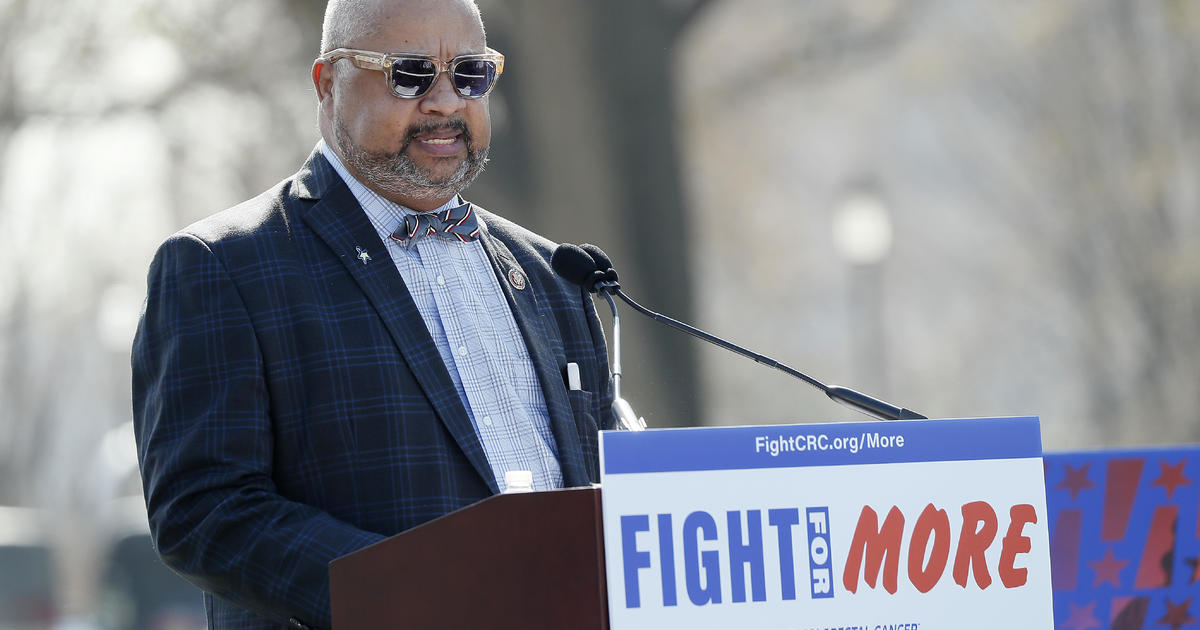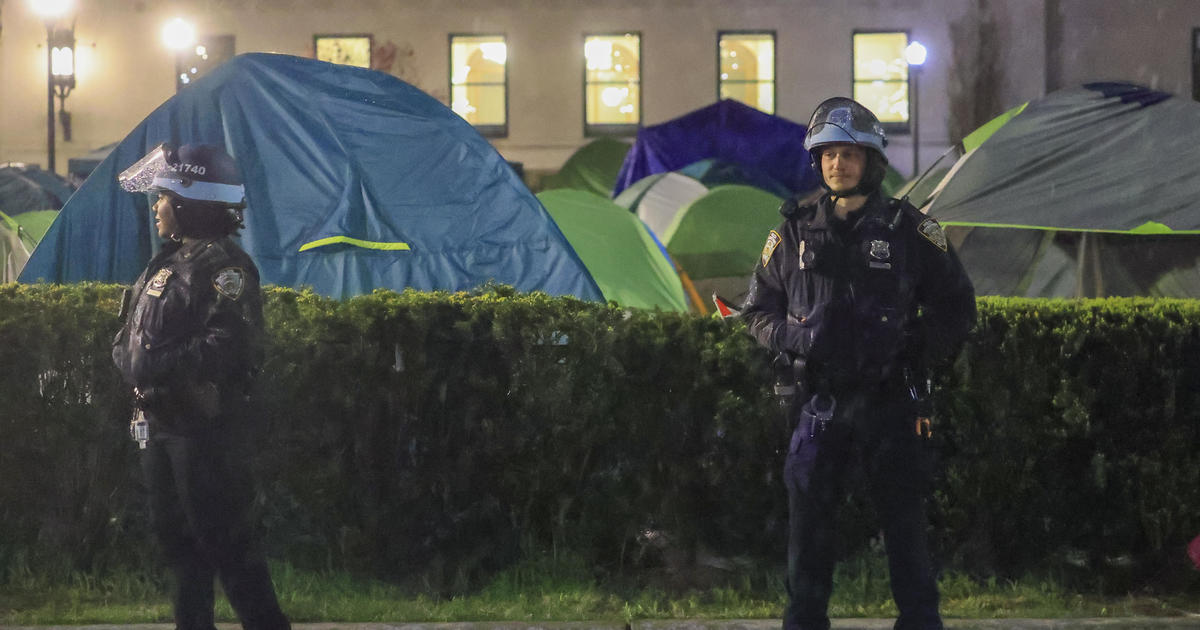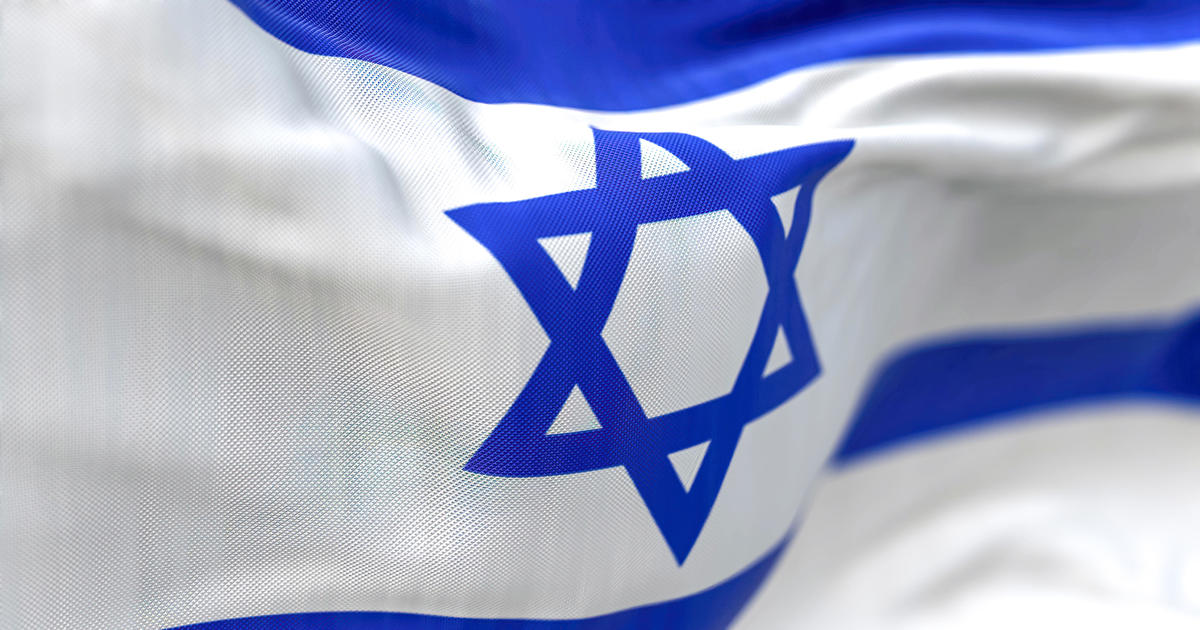Doctors say some women with no risk factors can still be susceptible to heart attack
NEW YORK -- Cardiovascular disease is the number one killer of women.
As we close out American Heart Month, a young woman who had no signs or history of heart disease shares her story of survival.
She told CBS New York she hopes to raise awareness for other women of color.
Life completely changed for Yonkers resident Danielle Forbes in November. She went from living an active lifestyle to ending up in the emergency room.
"I was just watching TV on a Saturday morning. I just had this chest pain. I thought it was like heartburn," Forbes said.
It turns out, it was a heart attack -- at 35 years old.
READ MORE: These 6 heart attack symptoms in women are key signs to look out for, doctor shares
Unlike a standard heart attack, there were no visible blocked arteries. This is known as "minoca," which doctors say is more common among women.
Forbes was also in heart failure.
"If didn't get the help that day, I probably wouldn't be here telling you this story," she said.
At the hospital, where she had surgery, she learned it was caused by spontaneous coronary artery dissection, also known as SCAD.
"It's a tear of one of your coronary arteries," Mount Sinai Hospital cardiologist Dr. Icilma Fergus said. "Twenty percent of patients. There's actually no known cause for this, but there could be other causes such as hormonal issues, autoimmune issues such as lupus, or rheumatoid arthritis."
They were all ruled out with Forbes, who Dr. Fergus says is an atypical patient for a heart attack, who, similar to many other SCAD patients, doesn't have standard risk factors for heart disease.
"Typically, African-American women have earlier risk factors that cause more devastating outcomes compared with the general population, so things like being overweight and the presence of early onset high blood pressure," Fergus said.
READ MORE: American Heart Month: Jersey City man who survived 2 heart attacks offers advice on warning signs
Fergus is encouraging African-American women to look out for these risk factors and manage them.
"It's so important to bring awareness to this because we have to talk about all the health inequities that exist," Forbes said. "For me, it was important for me to find a doctor that looks like me."
She said seeing Dr. Fergus, changing her diet, prioritizing exercise and doing cardiac rehab, made all the difference.
Forbes wanted to share her story to raise awareness, but also to stress the importance of self advocacy, especially when it comes to your health.




